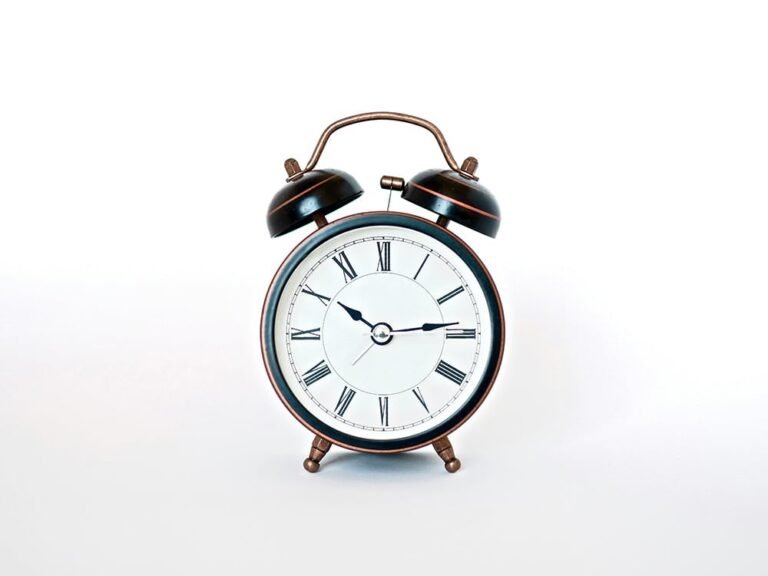prendre la clé des champs
The French idiom “prendre la clé des champs” translates literally as “to take the key of the fields.” It means “to escape,” “to flee,” “to liberate yourself,” “to leave,” or “to save.”
“Le champ” means “the field” in French. But “les champs” means not only “the fields” but also “free space.” So the key in this expression means the key to the man made structure, to unlock the door that leads to freedom or to free space (the fields).
This is an expression dating back to the 14th century. A related saying, “donner les champs,” dates to the 16th century, and means “to give freedom (to).”
Equivalent English sayings include “to head for the hills,” “to take off for the wild blue yonder,” and “to make oneself scarce.”






